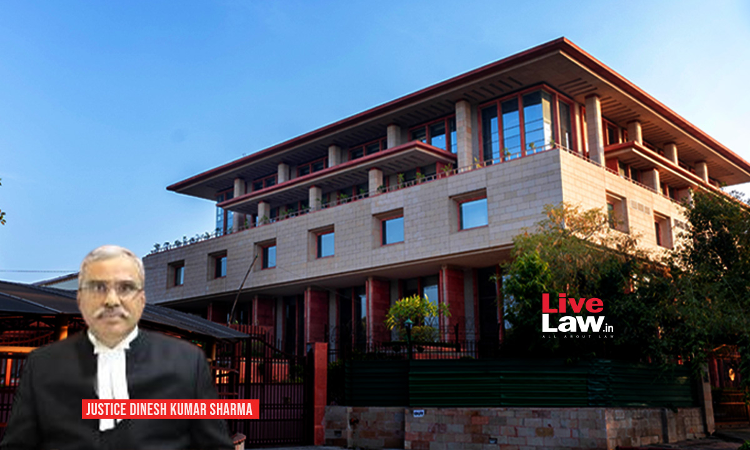Application U/S 12 Of Domestic Violence Act Can Only Be Filed Before Jurisdictional Magistrate: Delhi High Court
Nupur Thapliyal
25 Sept 2024 12:05 PM IST

Next Story
25 Sept 2024 12:05 PM IST
The Delhi High Court has observed that an application under Section 12 of the Domestic Violence Act can only be filed before the jurisdictional magistrate. Section 12 states that an “aggrieved person” or a Protection Officer or any other person on behalf of the aggrieved person may present an application to the Magistrate seeking one or more reliefs under the Domestic Violence Act....
